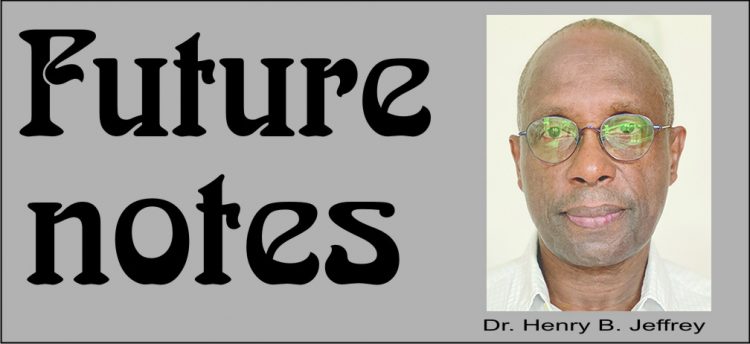
According to the Economic Policy Institute, in the United States of America ‘CEO compensation has grown 940% since 1978 but that of the typical worker has risen only 12% during that time (https://www.epi.org/publication/ ceo-compensation-2018/). I have not yet tried to assess the situation in Guyana but a friend recently sent me an email claiming that after about 150 years of the oil business in Trinidad & Tobago, ‘over a period of four to five decades the incomes of the top one per cent have soared. Second, the incomes of middle-earners have stagnated. Third, wages have barely risen even though productivity has done so, meaning that an increasing share of GDP has gone to investors in the form of interest, dividends and capital gains, rather than to labour in the form of wages. Fourth, the rich have reinvested the fruits of their success, such that inequality of wealth (ie, the stock of assets less liabilities such as mortgage debt) has risen, too.’

